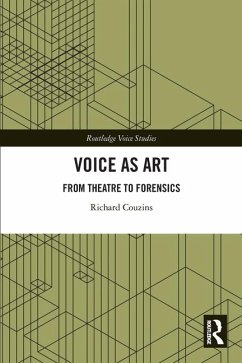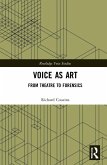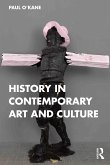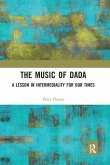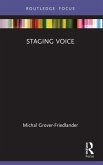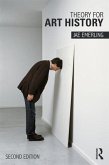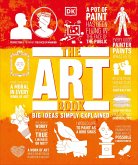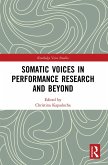Voice as Art considers how artists have used human voices since they became reproducible and entered art discourse in the twentieth century.
The discussion embeds artworks using voices within historical and theoretical contexts in a comparative overview arguing that reproduction caused increased creativity moving from acting to creating phonic materials framed by phenomenological deep listening by early video and performance to the plurality and sampling of postmodernism and the multiple angles of contemporary forensic listening. This change is an example of how artistic practice reveals the ideologies of listening. Using a range of examples from Hugo Ball, Martha Rosler, Vito Acconci, Bruce Nauman, Janet Cardiff and Mike Kelley through to contemporary practice by Shilpa Gupta, The Otolith Group and Elizabeth Price, the voice is tracked through modernism and postmodernism to posthumanism in relation to speaking subjects, sculptural objects, documents, dramaturgical utterance, forensic evidence, verbatim techniques and embodied listening.
This book gives artists, researchers and art audiences ways to understand how voices exist in between theoretical discourses, and how with their utterances, artists create new dispositions in space by reworking genres to critique cultural form and meaning. This book will be of great interest to students and practitioners of sound art, visual culture and theatre and performance.
The discussion embeds artworks using voices within historical and theoretical contexts in a comparative overview arguing that reproduction caused increased creativity moving from acting to creating phonic materials framed by phenomenological deep listening by early video and performance to the plurality and sampling of postmodernism and the multiple angles of contemporary forensic listening. This change is an example of how artistic practice reveals the ideologies of listening. Using a range of examples from Hugo Ball, Martha Rosler, Vito Acconci, Bruce Nauman, Janet Cardiff and Mike Kelley through to contemporary practice by Shilpa Gupta, The Otolith Group and Elizabeth Price, the voice is tracked through modernism and postmodernism to posthumanism in relation to speaking subjects, sculptural objects, documents, dramaturgical utterance, forensic evidence, verbatim techniques and embodied listening.
This book gives artists, researchers and art audiences ways to understand how voices exist in between theoretical discourses, and how with their utterances, artists create new dispositions in space by reworking genres to critique cultural form and meaning. This book will be of great interest to students and practitioners of sound art, visual culture and theatre and performance.

